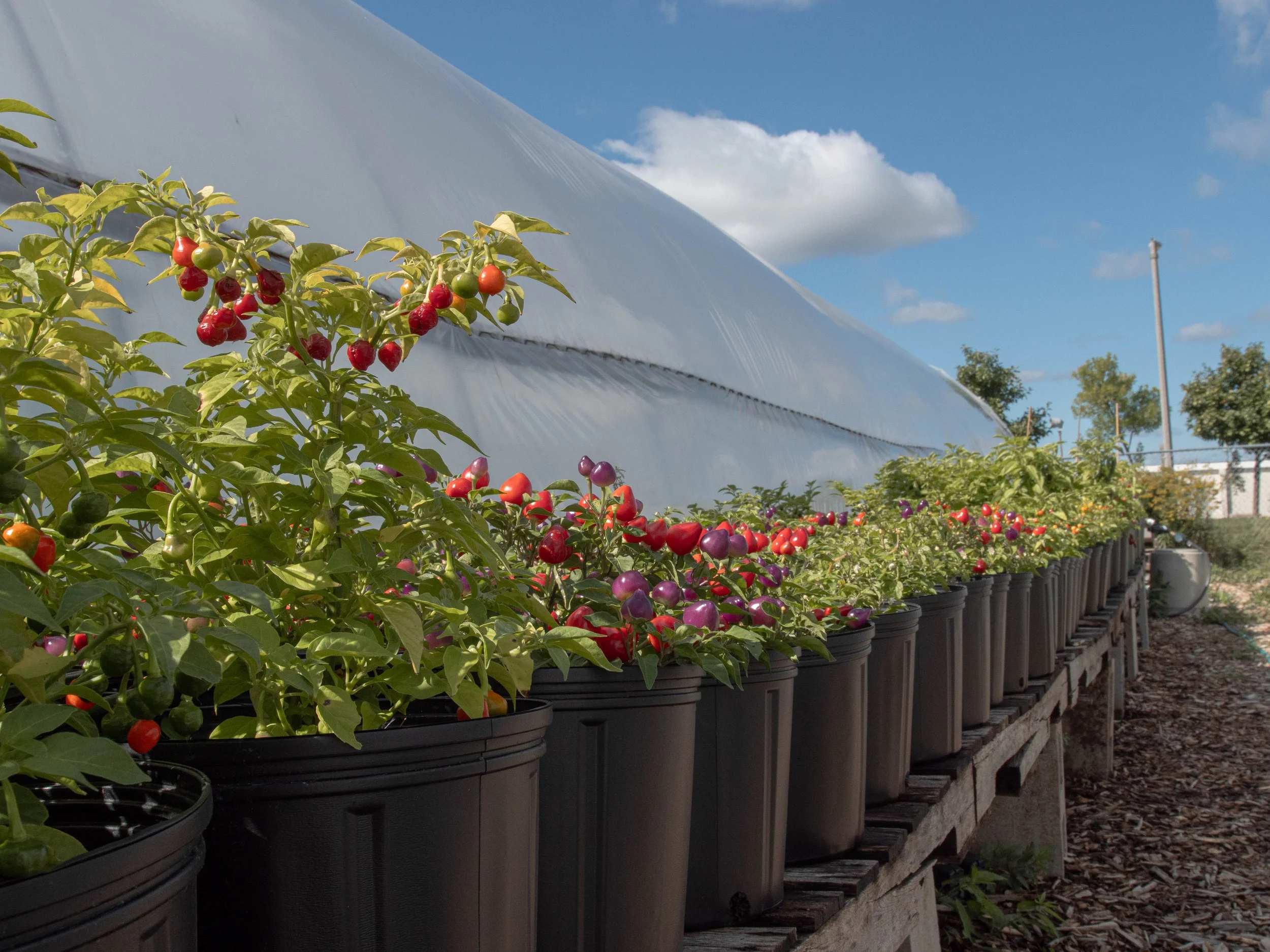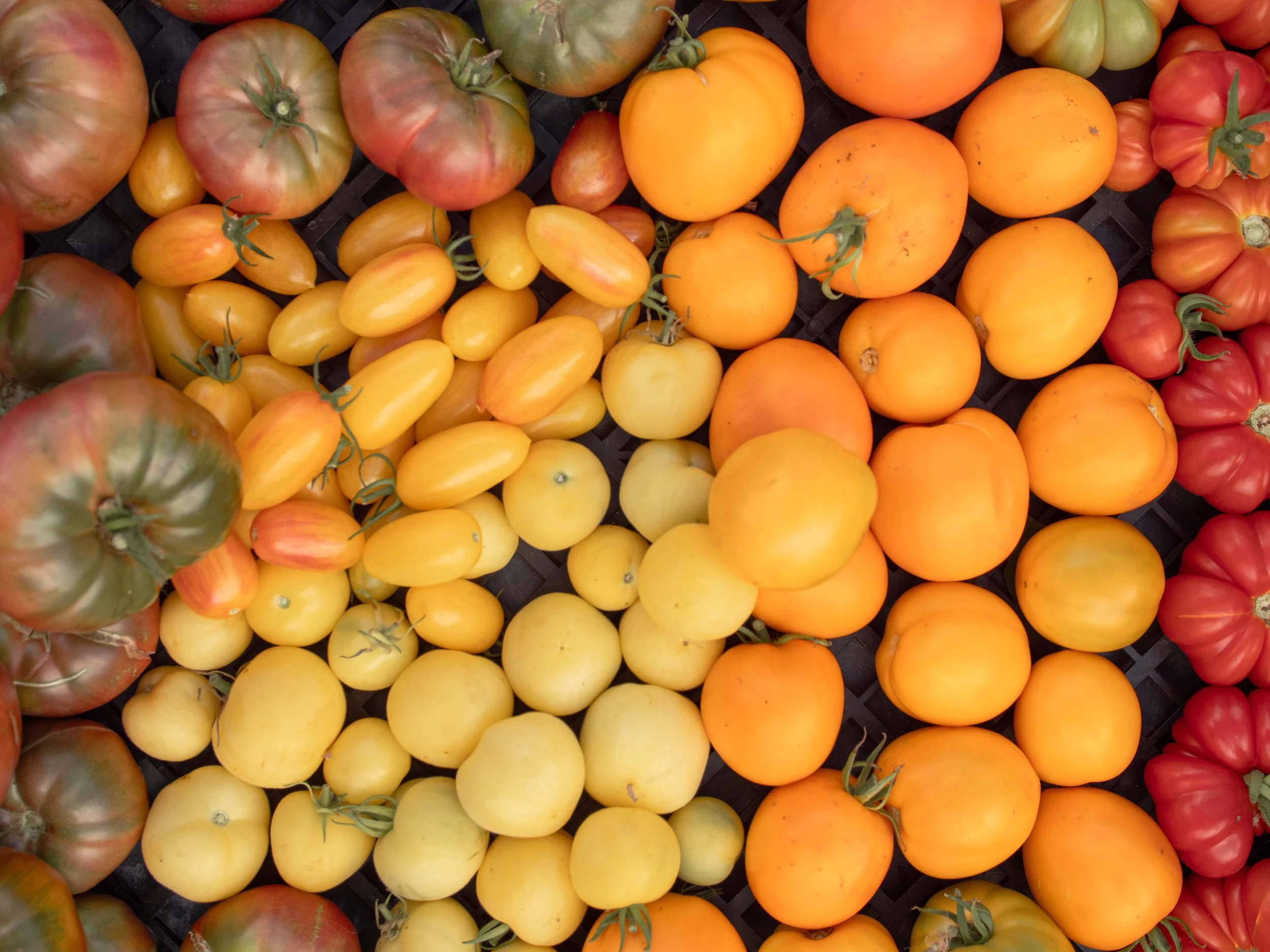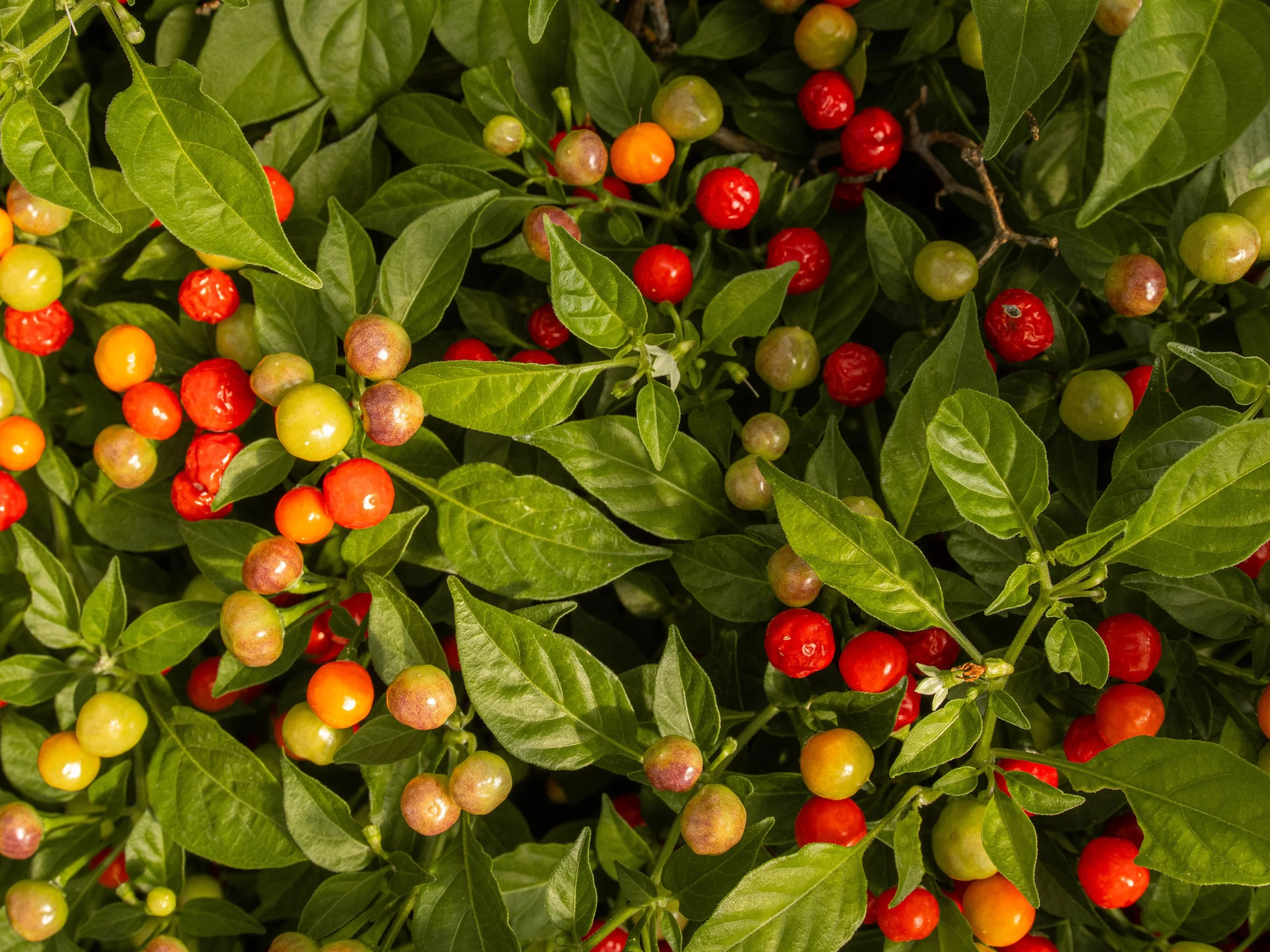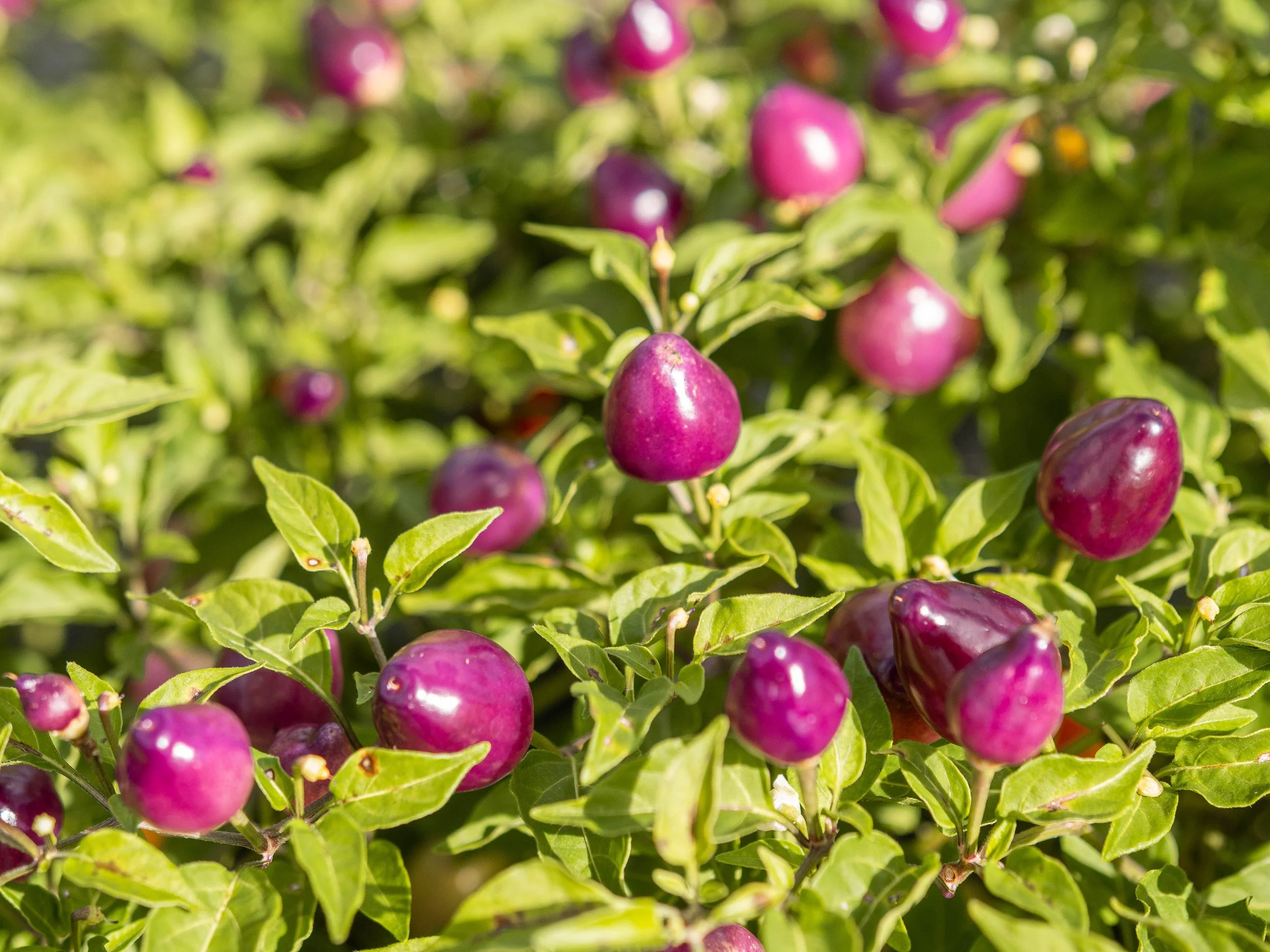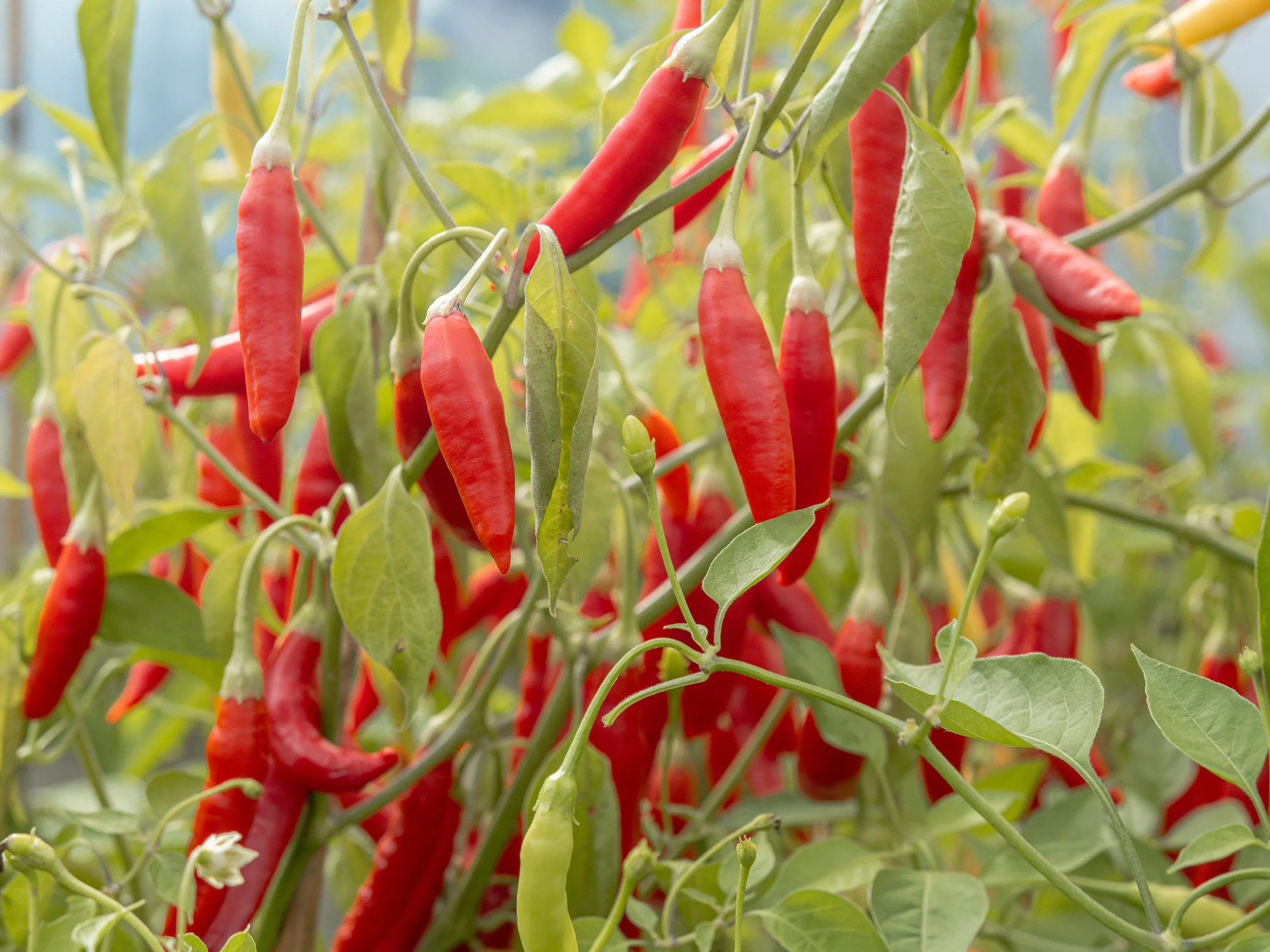A TELEVISION SHOW DEVOTED TO THE ART AND CULTURE OF GARDENING IN THE UPPER MIDWEST
Logline
Cross-Pollination celebrates the variety of plants that can be cultivated throughout Wisconsin, Minnesota, Iowa, and Illinois. It explores how gardens are tools for personal expression, growing community, and encouraging physical and mental health.
The Problem
There is a drought of programs dedicated to gardening in the Upper Midwest, and those that exist feel like they come from the same monoculture.
It is estimated that the pandemic produced 18.3 million new gardeners in the United States, and a considerable portion of that is Millennials and Gen-Zers taking to the soil. New gardeners are spout up daily. In living rooms, backyards, cities, offices, and apartments, new generations of plant lovers are finding ways to surround themselves with homegrown beauty. But when you turn on your television, you find a drought of programs dedicated to gardening, and those that exist feel like they come from the same monoculture.
Instead of showing an outdated vision of manicured, suburban flower beds and gardens tended by provincial homesteaders, television needs to catch up and give new gardeners something more representative of the current landscape. It is estimated that the pandemic produced 18.3 million new gardeners in the United States, and a considerable portion of that is Millennials and Gen-Zers right here in the Upper Midwest. It’s time for a show rooted in a more diverse picture of gardening. It’s time to cross-pollinate new ideas and old traditions and grow the gardening community.
The Solution
We are setting out to produce a thirty-minute, magazine-style television show on the hows and whys of gardening in the Upper Midwest. We want to show how a closer relationship with nature can be beneficial (the whys) and break down barriers that stop people from getting their hands dirtier and their gardens better (the hows).
The show will be hosted by a group of 5-6 segment leaders that will come and go from episode to episode. The hope is to break up the traditional voice of authority with a group of perspectives highlighting different cultures, financial abilities, and experience levels, furthering the idea that everyone can find their entrance to the world of gardening.
Cross-Pollination will be instructional and inspirational but primarily down to Earth. Think Gardner’s World, Gastropod, and the historical sections of Great British Bake Off, combined with a pinch of relaxed instruction akin to The Joy of Painting with Bob Ross, all interspersed with artistic interludes reminiscent of the mini-documentaries or animations featured on classic episodes of Sesame Street or Mister Roger’s Neighborhood.
Modular Episodes
A typical episode of Cross-Pollination will comprise 3-5 modules connected with beds of relaxed imagery and voice-over from a consistent narrator. Every episode is centered on a particular topic - sometimes a kind of plant, other times a theory or technique. This theme is then explored through a handful of segments. Cross-Pollination will be available as a traditional thirty-minute, magazine-style television program and a series of short components for distribution across social media outlets.
Examples of the various modules that make up an episode include:
Lessons
These mix practical information, scientific background, and historical context. These pieces will be well-researched and written out. They will be presented by one of the hosts. Technique segments will include practical growing methods, design, and use of produced goods. Each episode will have one segment on a type of plant and one segment on a gardening technique. Each episode will have one segment on a kind of plant and one on a gardening technique.
Featurettes
Each episode will dedicate one or two short segments to an individual, organization, or location related to the topic. These segments will be of a documentary style primarily hosted by their subjects, only utilizing a host when necessary.Recurring Segment
Each season, the show will follow one longer form story across multiple episodes. This could be a more extensive project like new homesteaders, an upstart community garden, or a significant garden overhaul. Segments of the recurring story will be sprinkled across the season. These segments will be narrated by the subjects and utilize verite footage. There will be no host or unseen narrator.Interludes
Interludes will be sprinkled throughout the episodes. They can range from poetry read-over macro-photography of plants to short-form visits with a random person discussing why they love gardening. These brief, artistic modules are meant as palette cleansers, bits of wisdom and inspiration, and as another way to flesh out the mosaic of voices heard on the show. These will be more playful in their presentation than the restrained mood of most of the show.Cross-pollination
Cross-pollination segments are when one host visits another's space for a brief lesson or discussion. They are meant to explore further the individual knowledge and perspective of the varied hosts and show how an expert in one field can always find new ways of seeing things from experts in other areas. To reinforce the idea of experts exploring different perspectives, the participant in the cross-pollination will be one of the two hosts from that episode's Lessons.
Timeline + Distribution
By spring 2024, we aspire to produce a pilot episode of Cross-Pollination to market the show to Public Broadcasting and commercial television stations in Wisconsin, Minnesota, Illinois, Michigan, and Iowa. Segments from this episode will also be used to secure underwriting and cultivate interest in the program. If we successfully find underwriting partners, we hope to test our concept with a 6-7 episode mini-season to air in early 2025, with an entire 13-episode season following in 2026 and beyond.
We will also explore ancillary markets such as YouTube and many OTT streaming services.
How You Can Help!
The Cross-Pollination is relatively small, but we are looking to grow. We are in search of the following things:
a location to shoot gardening tutorials
this could be a garden center, a small produce farm, or even a home kitchenpotential subjects and hosts
share Upper Midwest gardening ideas with us; consider going before the camera as a segment hostunderwriting
shows cost money to produce (unfortunately), but underwriters can help make them happen while getting credit for supporting and naturing the gardening community.


